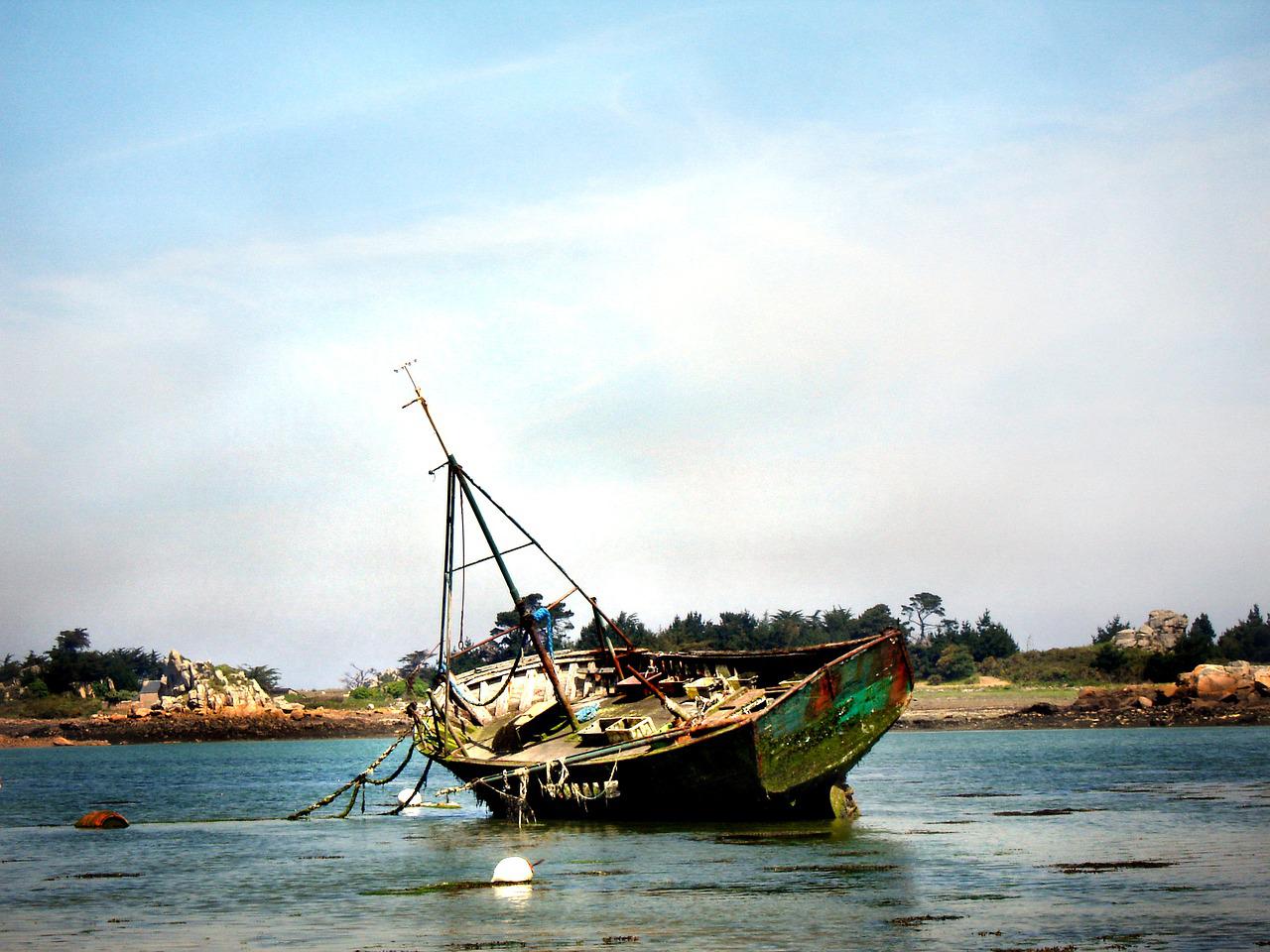There are more than one million boats registered in the state of Florida. With our ocean-skimming way of life, this number comes as no surprise, but it can be shocking to learn about the staggering number of boating accidents that are reported each year.
Boating accidents and collisions can happen out on the water just as car accidents can happen on the road. The glaring difference in these two types of incidents, however, is the unique difficulty presented in handling the aftermath of a boating accident. Evidence often sinks out of reach, damage can be severe, and the resulting injuries can be devastating. If you want to file a claim after someone’s negligence has caused your boating accident, here are the steps you must make sure you follow.
What to Do Immediately Following a Boating Accident
Boating accidents can occur for any number of reasons. Boats may collide with each other, with debris in the water, or with stationary objects, such as a dock. If any of these incidences occur at a high speed, the resulting injuries can be severe. As you would in a car crash involving injuries, call 911, but request the Florida Coast Guard. They will have the most reliable and quickest means to come out to your location, even if it’s remote. Getting to a crash scene on the water is a challenge, and paramedics may not make it to you first. But the Coast Guard may be able to render basic medical aid as necessary and can help effectively set up transportation of injured parties to the nearest hospital.
This leads to the next incredibly necessary step in the process: seeking medical attention. Even if you don’t believe the damage is severe, you should have any superficial injuries inspected and assessed by medical professionals and get checked for internal injuries. It’s important to realize that internal injuries often cannot be seen with the naked eye, but are common in these types of accidents. At high speeds, on moving water, and often with no seatbelts, your body can be thrown against hard surfaces or out of the boat entirely, leading to internal injuries that may not make themselves immediately known. Even if you are lucky enough to walk away from the accident, you should still have your health checked out soon after, just to be safe.
The amount of damages you can seek after your boating accident is directly related to the results of your medical evaluations and treatments, even if your injuries are minor. If you don’t seek treatment and document your injuries, you may be unable to claim damages for them in your case. And some injuries may present themselves latently, but could be connected back to your boating accident. Always see a doctor regardless of how severe you believe your injuries are.
How to Document a Boating Accident
Accident injury cases such as these are built on proper documentation of evidence. If you are able, take ample pictures of the accident scene as a means of showing what occurred during the crash. Be sure to capture all damage to your boat, other boats involved, and any other damaged property. Also take photos of the natural surroundings where the incident occurred, or boating lanes if applicable. Photos of injuries suffered and that day’s water and weather conditions could play a role in your case too. There is no such thing as too much documentation.
The next challenge in the process is preserving your evidence. The reality is that because the accident occurred on the water, some evidence may sink below the surface. Or, any evidence that is saved could become waterlogged and damaged beyond evaluation. Even if you believe this is the case, gather as much relevant evidence as you can. You may end up working with professionals who can still salvage the items and help you present them to your advantage.
If you are aware of any witnesses to your accident, work together with the Florida Coast Guard and other law enforcement officials to gain statements from these witnesses as well. Their testimony could help you prove the responsible party’s negligent behavior. And if these steps sound like a heavy weight on your shoulders while you’re trying to focus on recovering from your injuries, remember that working with an experienced personal injury attorney can help relieve some of these necessary duties.
Proving Negligence in a Boating Accident
Many Floridians are familiar with the endless thrills of sunny days and high speeds out on the water. But this doesn’t mean boat operators should be given a free pass to be reckless behind the wheel. You may not need a specialized license to drive a boat as you do a car, but drivers are still expected to practice a certain duty of care when it comes to their fellow boaters. If that duty is breached by an act of negligence, you may have a case to file so you can seek compensation for your damages suffered.
If you believe the party that caused your accident may have been speeding, behaving recklessly, boating under the influence of drugs or alcohol, misreading weather or water conditions, or otherwise exhibiting dangerous behavior, these are important factors to make note of. In many cases of boating accidents, the level of negligence proven can be the most important element to present. That’s because at high speeds and on turbulent waters, it’s easy to lose control and cause damage if you are not being careful or considerate. Water may be able to destroy physical evidence, but it cannot destroy the root cause of a accident.
Even so, making sure you are properly compensated for your damages is no easy task. If you were not able to obtain any undamaged evidence, and you cannot prove a solid case of comparative negligence, your case becomes that much more challenging. That’s why it essential to contact an experienced boat accident attorney. The Whisler Law Firm understands the complicated nature of boating accidents, and has been helping victims seek the compensation and justice they deserve for years. Working with insurance companies after your accident can also be extremely difficult, but we know exactly how to deal with them. Let our team make a full evaluation of your claim free of charge by calling 833-529-5677 or filling out our online form. Our goal is to provide the legal help you need after this complicated and trying situation.



